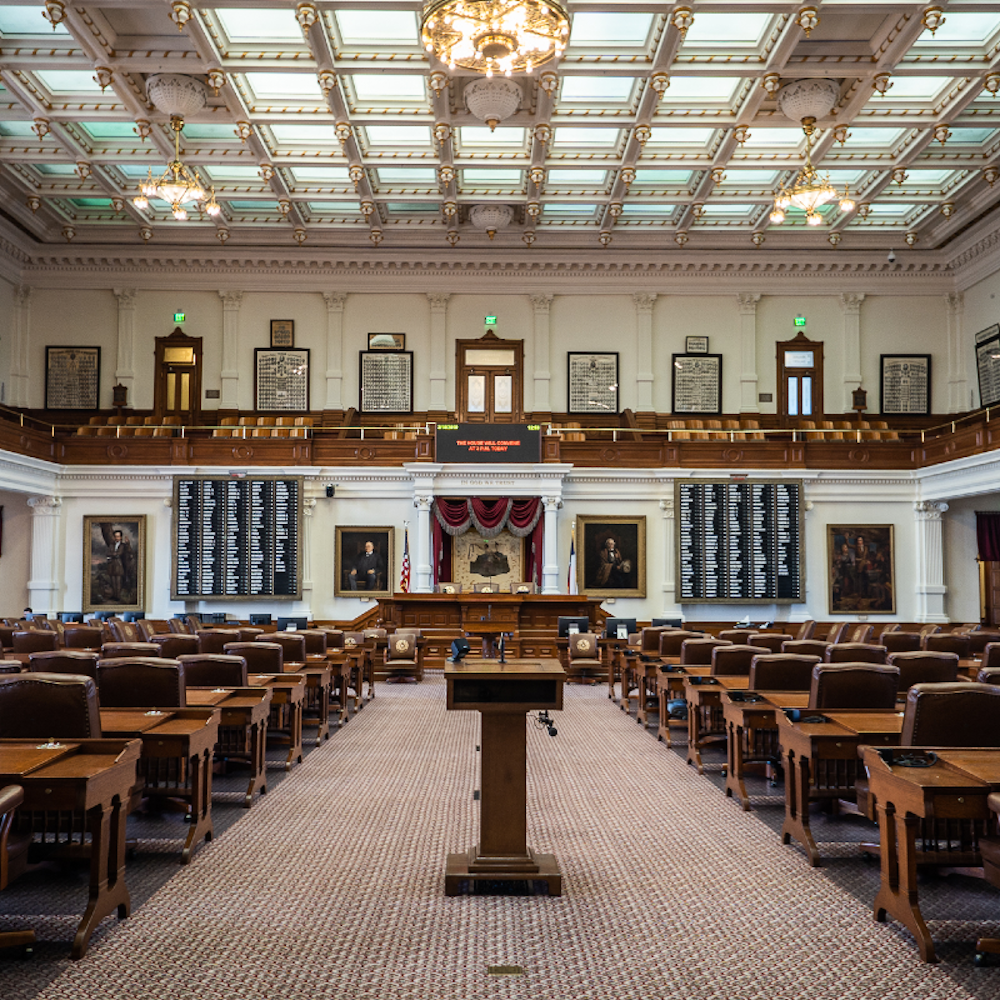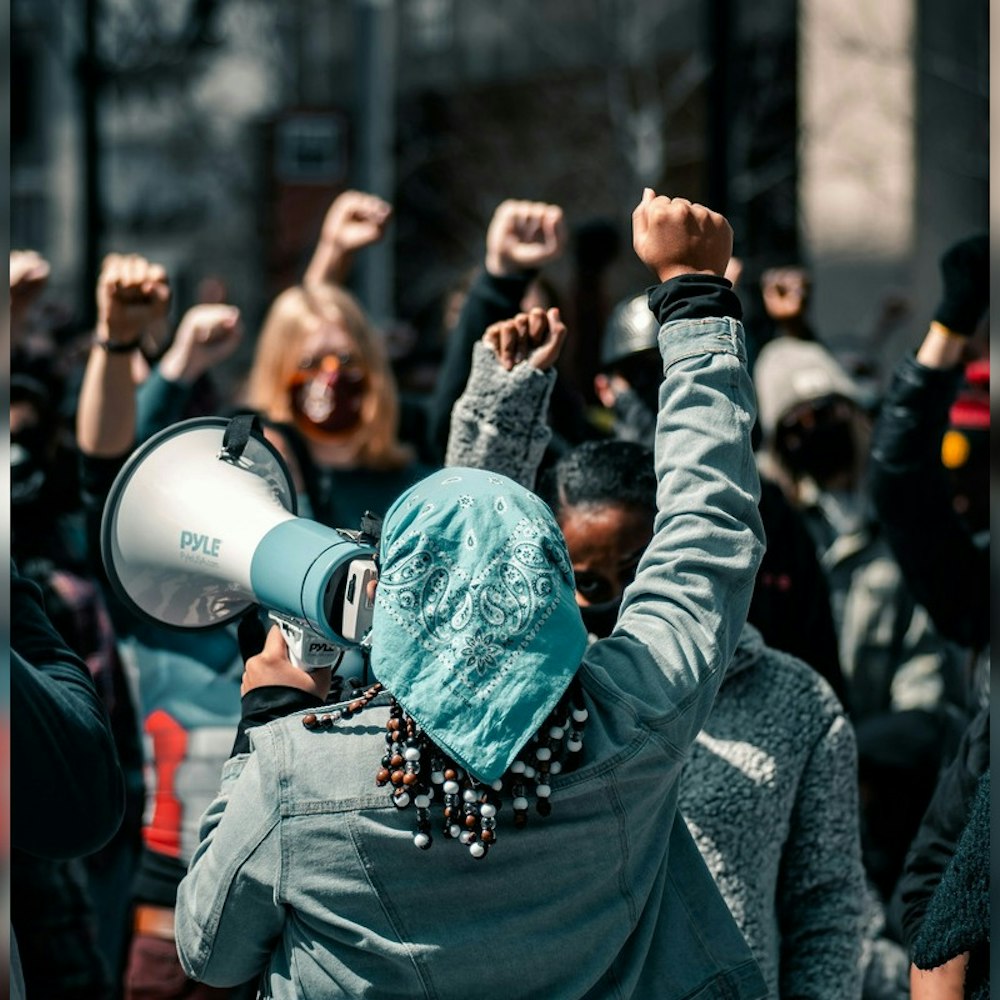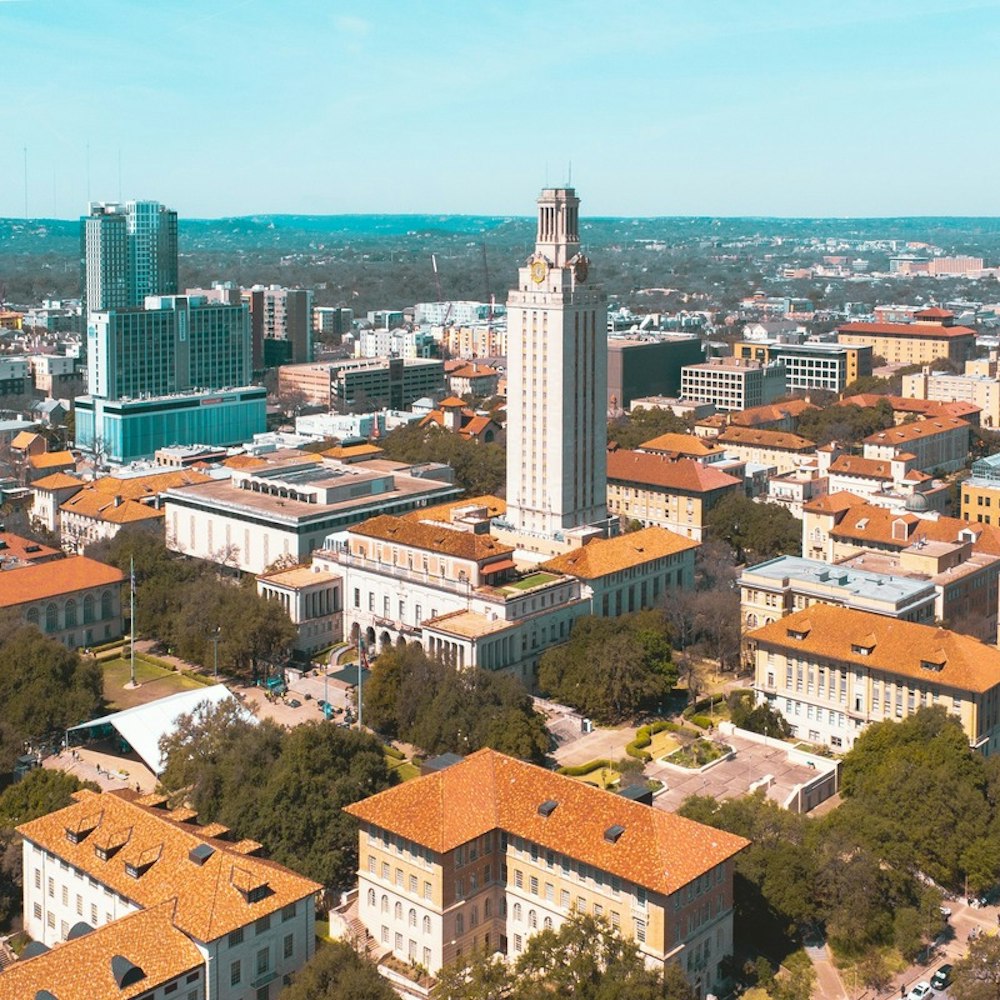
In the heart of South Side San Antonio, Albert Garcia's 1981 Chevy Al Camino lowrider stands as a tribute to memory and tradition. Describing his lowrider as a homage to his late parents, Garcia said to FOX San Antonio, "What inspired me to start building my lowrider cars for my parents, they passed away about three years ago everybody asked me about the mural who it is and I think it's a way of keeping them alive in my memories." His creations delve deeper than their polished surfaces and resonating hydraulics; they embody storytelling on wheels, each bounce a beat in the rhythm of his family's legacy.
Beyond this personal narrative, the fabric of lowrider culture stretches through generations and across borders, finding a global stage in places as diverse as Japan and Brazil. According to a National Public Radio interview with Denise Sandoval, a professor of Chicana and Chicano studies at Cal State University, Northridge, lowriding isn't just about the cars—it's "a way of life." The culture thrives on family participation, where even "lowrider bicycle clubs" involve young enthusiasts. Sandoval explains, "So there are aspects in the culture right now that integrate sort of the children and the younger generation into the culture."
Yet, the tradition's heartbeat faces challenges from the prohibitive costs of classic cars and the economic pressures on younger Californians. Despite these obstacles, the craft continues to be passed down through generations. Women are making bold strides in this traditionally male-dominated scene, with women-only car clubs redefining the norms of lowrider culture that are often seen, Sandoval stated, "Some car clubs that were exclusively just for men are becoming coed."
The significance of lowrider culture extends further, serving as a medium for expression and resilience. It's a living testament to the agency of Mexican American communities that have cultivated and preserved a unique identity within the vast American tapestry. "And I see a lot of similarities with, like, lowriding and hip-hop," Sandoval told NPR. "How these cultures emerged out of communities that were experiencing, like, segregation, racism."









